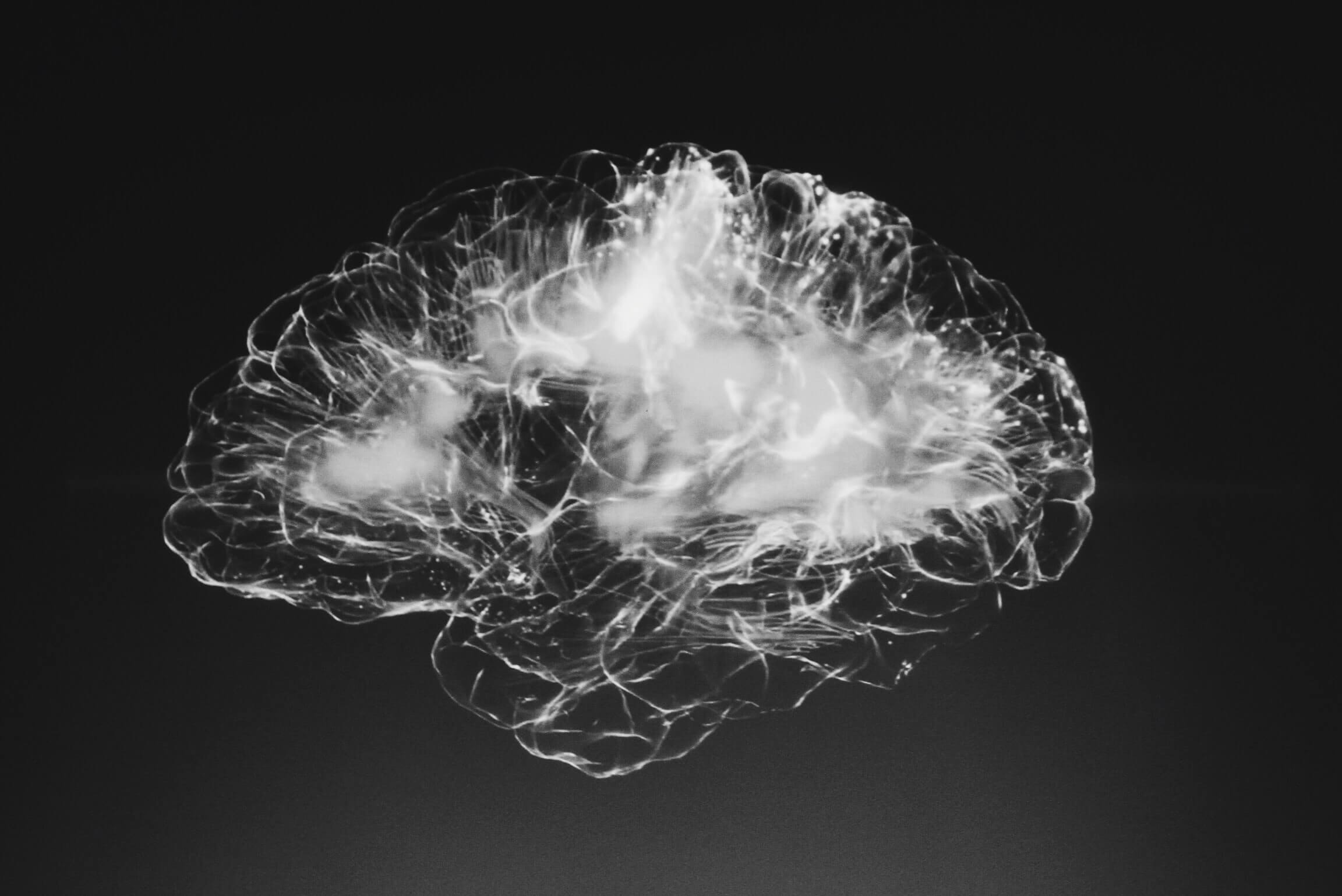November 19, 2020
Beyond COVID-19: New technologies, treatments could help recovered survivors now facing neurological aftereffects

Research and development of new technologies and treatments could help recovering COVID-19 victims and other patients reduce their risk of brain tissue damage.
Purdue University scientists build on neurological treatment research to help COVID-19 patients, others who now face long-term health issues
WEST LAFAYETTE, Ind. — Globally about 50 million people have been diagnosed with COVID-19, 1.2 million have died from the virus and 36.5 million have recovered, according to the World Health Organization.
People recovered from the most severe cases may face new long-term health challenges. The Mayo Clinic reports that the aftereffects of COVID-19, often caused by sepsis, include brain tissue damage that can cause strokes, bring on seizures and increase the risk of developing Parkinson's disease and Alzheimer's disease. Other organs shown to have permanent damage suspected of being caused by the virus include the lungs and heart.
“The long-term health challenges arising from sepsis and other potential complications experienced by patients recovering from the severe cases of COVID-19 are devastating, but medical professionals and researchers are diligently working to reduce these cardiovascular and neurological aftereffects,” said Hyowon (Hugh) Lee, associate professor in the Weldon School of Biomedical Engineering. “We are beginning to understand the effects of coronaviruses, and there are many therapeutics in progress to help treat the effects of COVID-19 and other diseases that can help patients recover today and in the future.”
Sepsis is the body's extreme response to an infection and a life-threatening medical emergency known to cause a reaction that can damage organs and could cause organ failure.
Purdue University scientists and other researchers are building on decades of research to retool known and developing health solutions for recovering COVID-19 patients.
“Purdue is a renowned global research institution, and the treatment of neurological issues is a top priority. The available technologies we have in this field show great promise in treating brain diseases such as Parkinson’s and Alzheimer’s, as well as brain traumas,” said Brooke Beier, vice president of the Purdue Research Foundation Office of Technology Commercialization. “These potential treatments show great promise in helping people who have recovered from COVID-19 and who now face new health disease complications. We are always working diligently to move these treatments from the laboratory to the public.”
One of Lee’s collaborative research projects was recently published in Applied Materials and Interfaces, a magazine of the American Chemical Society. The other two Purdue scientists working in this project are Shriram Ramanathan, professor of materials engineering; and Alexander Chubykin, assistant professor of biological sciences.
The technologies developed to treat neurological and other organ damage or diseases that have been published in peer-reviewed journals include a:
- ‘Library’ of broad-spectrum coronavirus treatments in advanced stages of research that includes 48 peptidomimetic compounds designed work as inhibitors for SARS, MERS and other coronaviruses.
- Technology that could improve sepsis control in early-state treatment and endotoxin reduction. The treatment may be administered before an infection causes the body to react in an extreme response that can lead inflammation, permanent damage and potential failure of organs.
- Novel glutamate-sensing material that could provide earlier detection of neural degeneration and enable earlier treatment that could improve prognosis and outcomes.
- Group of dopamine receptor agonists that support physiological responses to treat neurological brain disorders and are shown to reverse drug-induced and age-related deficits in memory.
- New pupillary light reflex technology, shown to provide real-time, automated monitoring of neurological changes due to disease, provides a noninvasive, expedient method to diagnose neurological degeneration and provide earlier treatment. The technology is compatible with any imaging platform and eye color.
- Group of energy-efficient electrode designs that reduce power and extend the functionality of implantable neuroprosthetic devices that help people with diseases and injuries, including epilepsy, spinal cord trauma, chronic pain and other neurological issues. The technology works with existing platforms or in a stand-alone system.
Purdue scientists also are working on new technologies to address the long-term health impact on the lungs and hearts of patients who have recovered from the severe cases of COVID-19.
For information on licensing available technologies, contact the Purdue Research Foundation Office of Technology Commercialization at otcip@prf.org.
About Purdue Research Foundation Office of Technology Commercialization
The Purdue Research Foundation Office of Technology Commercialization operates one of the most comprehensive technology transfer programs among leading research universities in the U.S. Services provided by this office support the economic development initiatives of Purdue University and benefit the university's academic activities through commercializing, licensing and protecting Purdue intellectual property. In fiscal year 2020, the office reported 148 deals finalized with 225 technologies signed, 408 disclosures received and 180 issued U.S. patents. The office is managed by the Purdue Research Foundation, which received the 2019 Innovation and Economic Prosperity Universities Award for Place from the Association of Public and Land-grant Universities. In 2020, IPWatchdog Institute ranked Purdue third nationally in startup creation and in the top 20 for patents. The Purdue Research Foundation is a private, nonprofit foundation created to advance the mission of Purdue University. Contact otcip@prf.org for more information.
Writer: Cynthia Sequin, casequin@prf.org
Sources: Brooke Beier-Brandner, BLBeier@prf.org
Hyowon (Hugh) Lee, hwlee@purdue.edu
Joe Kasper, Kasper, JRKasper@prf.org
Patrick Finnerty, pwfinnerty@prf.org

